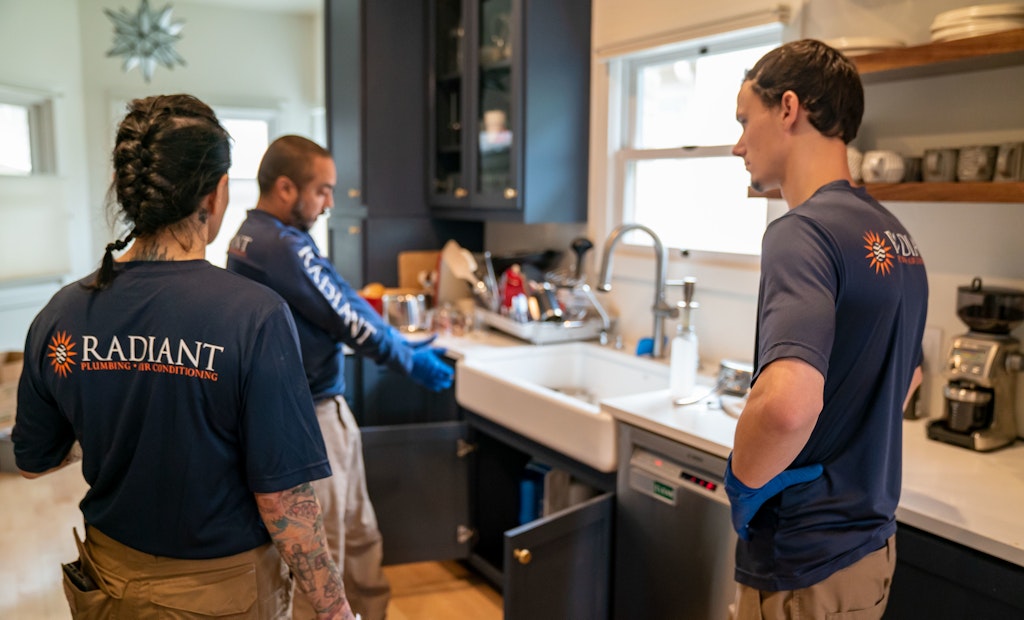When it comes to hiring technicians, Brad Casebier — CEO of Radiant Plumbing and Air Conditioning in Austin, Texas — relies on a general litmus test: Family compatibility.
“My wife, Sarah, and I decided that if we wouldn’t feel comfortable inviting a job candidate to dinner...






